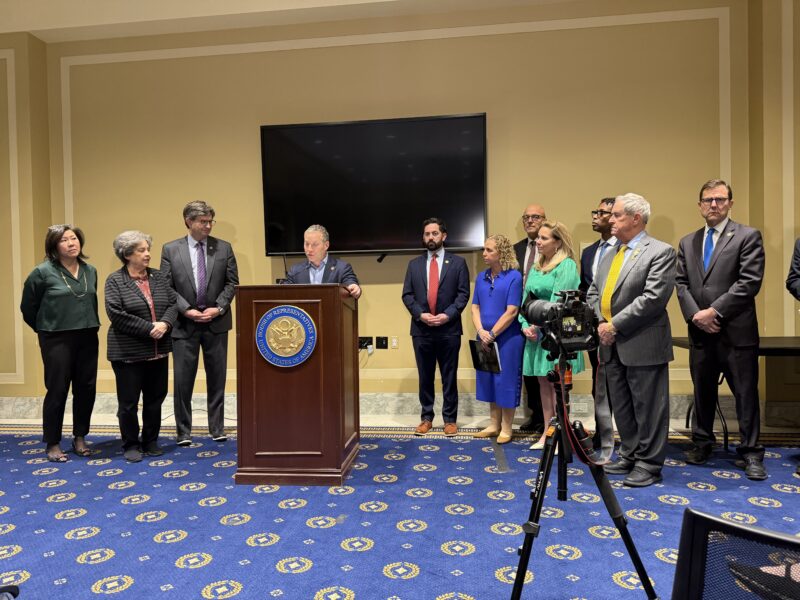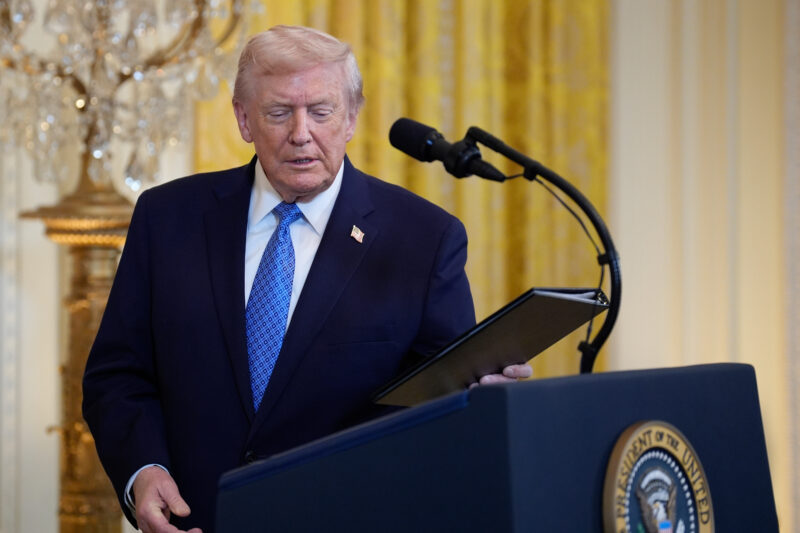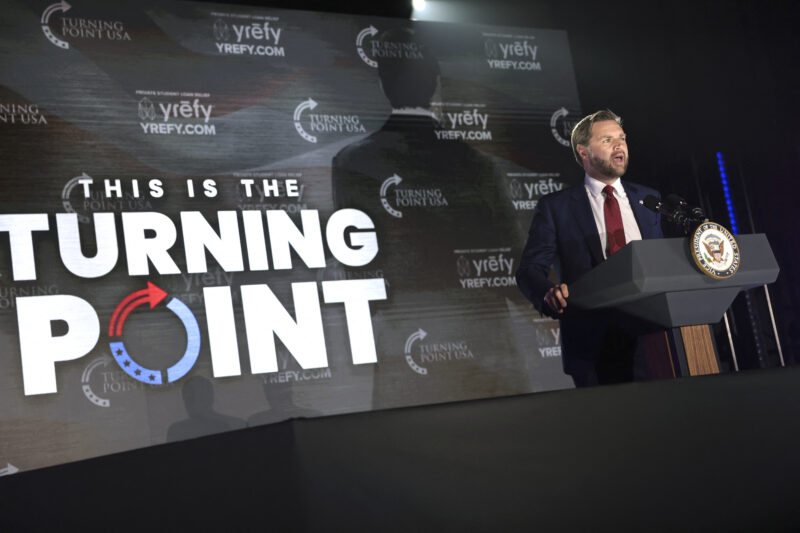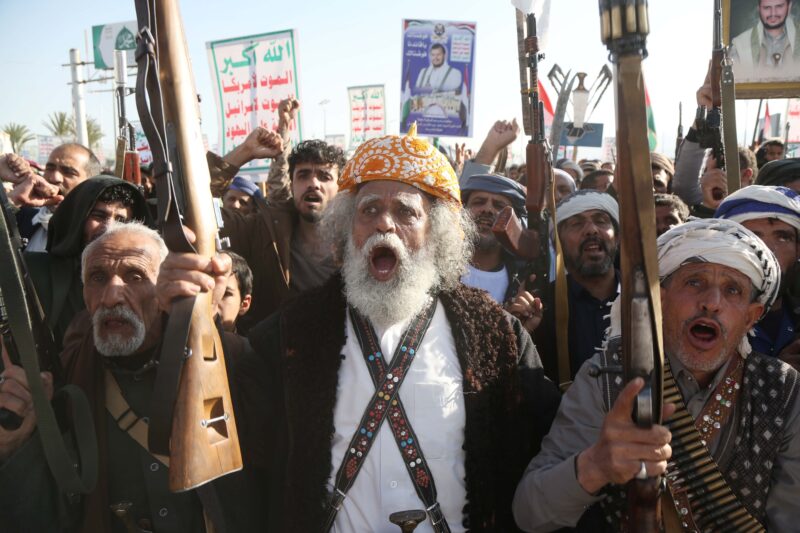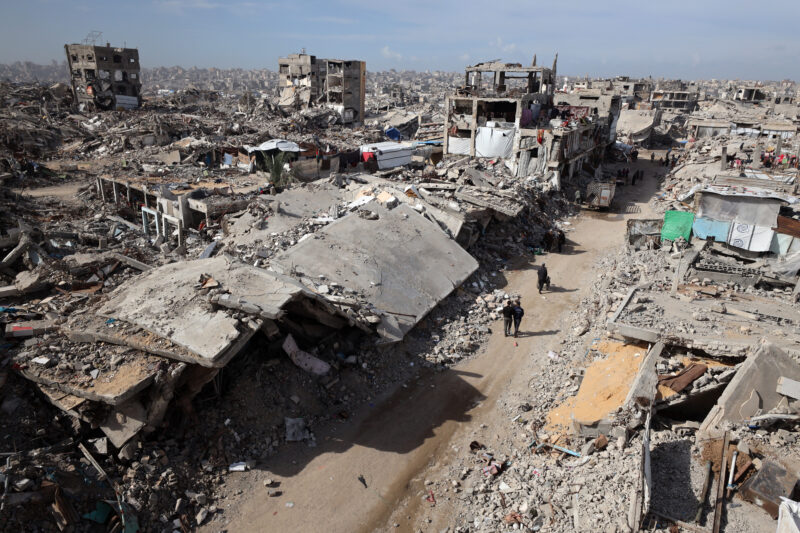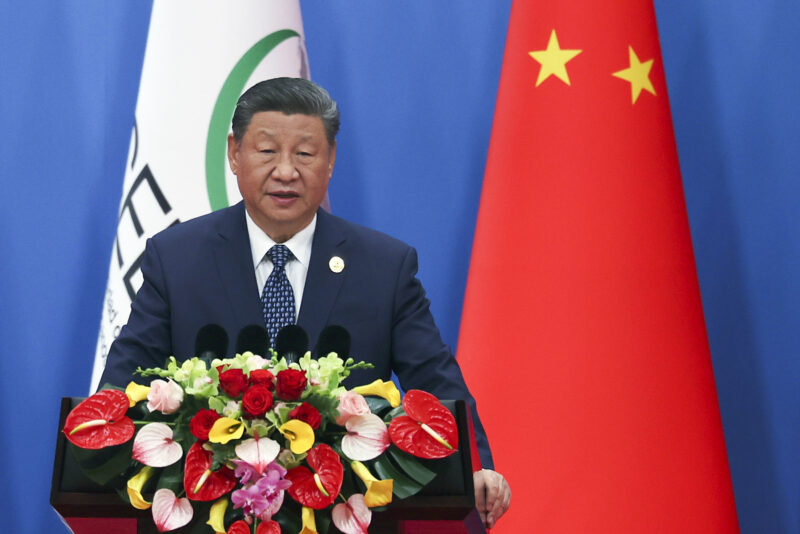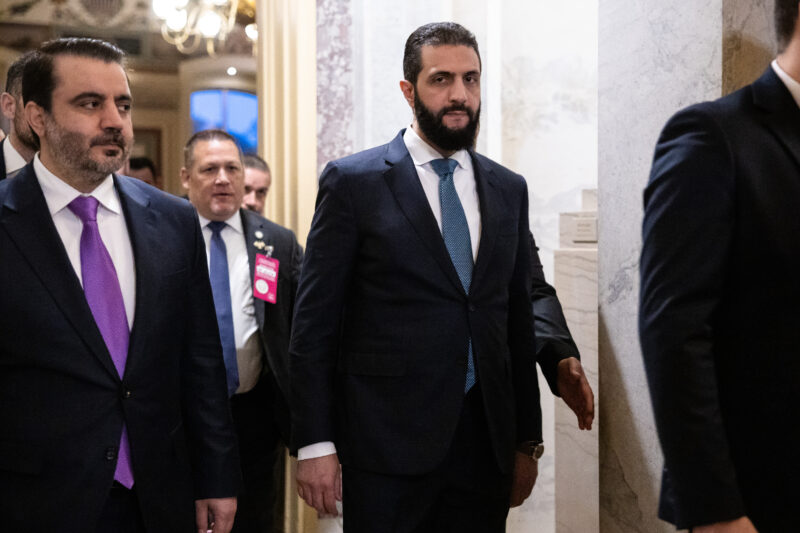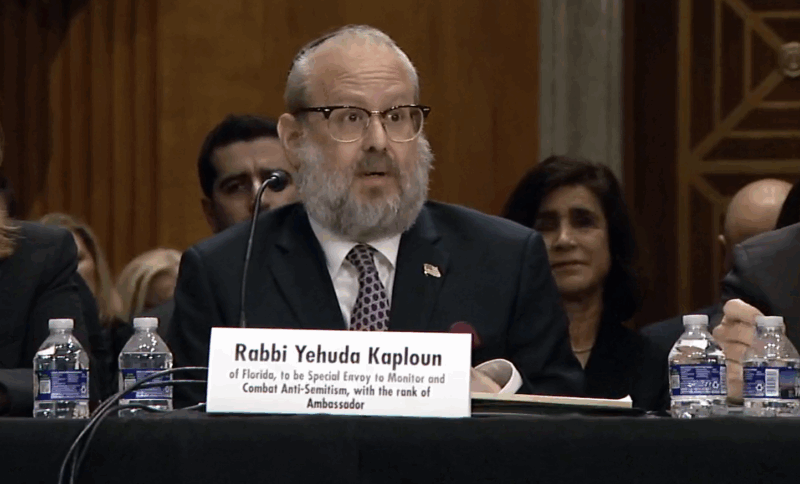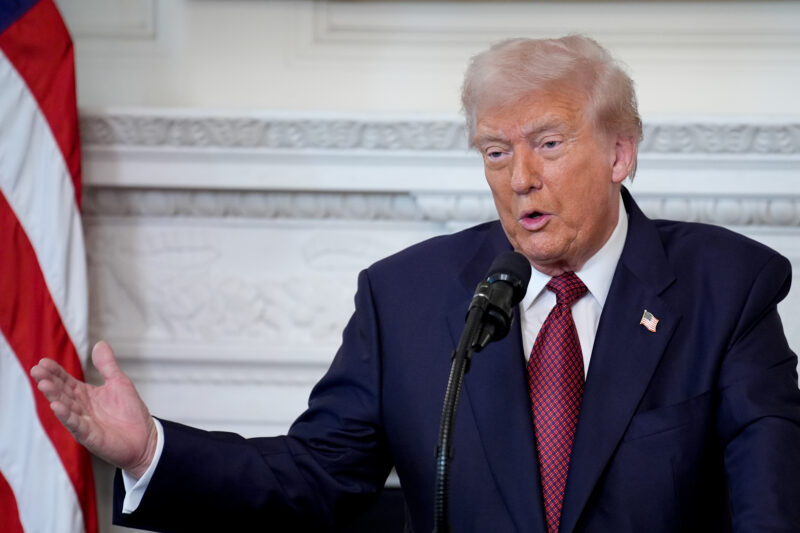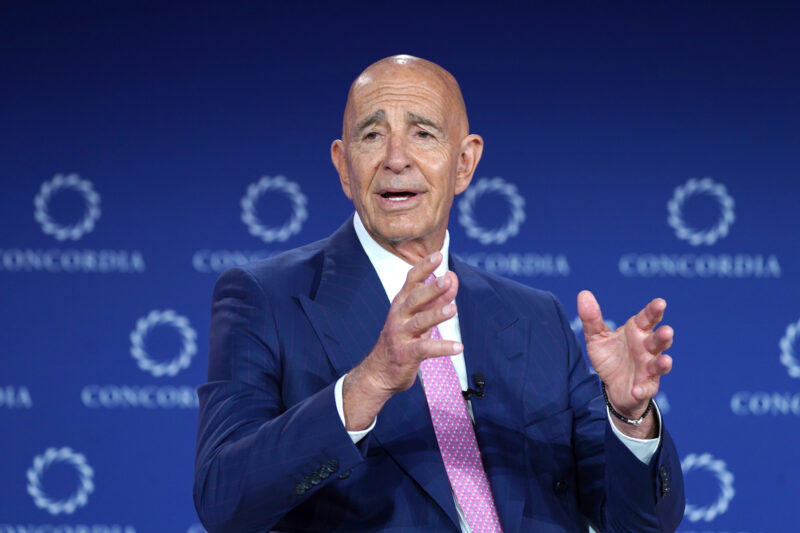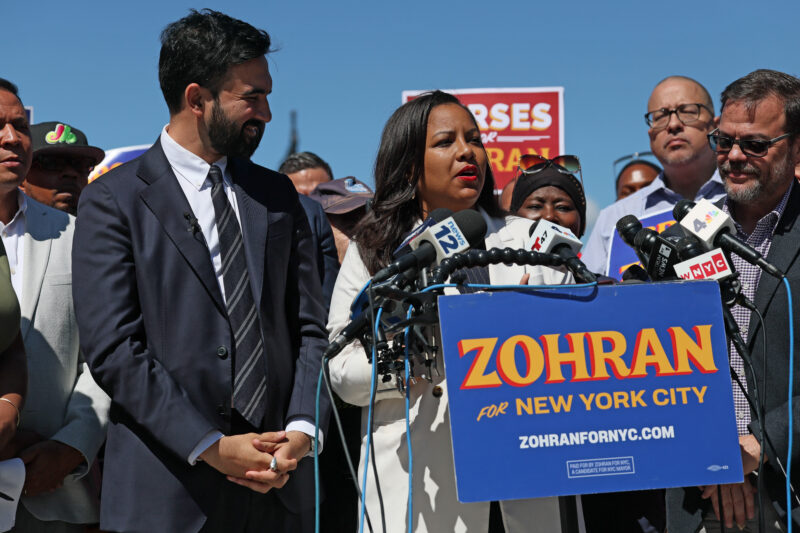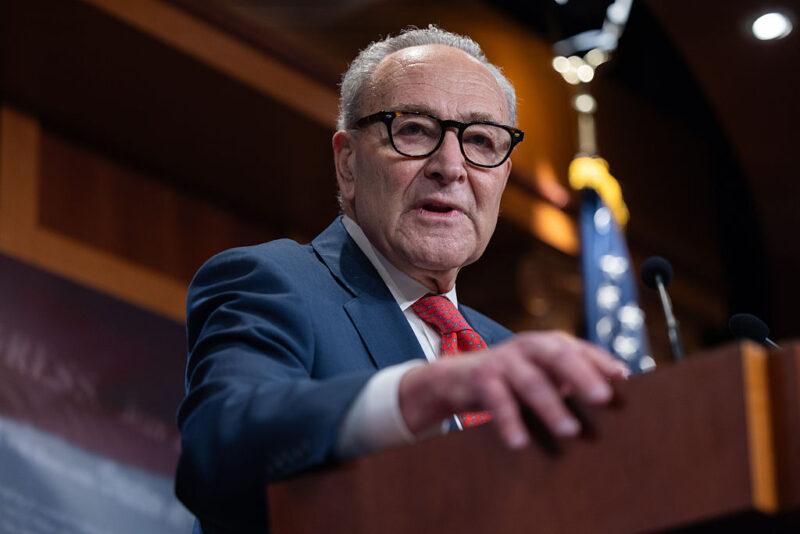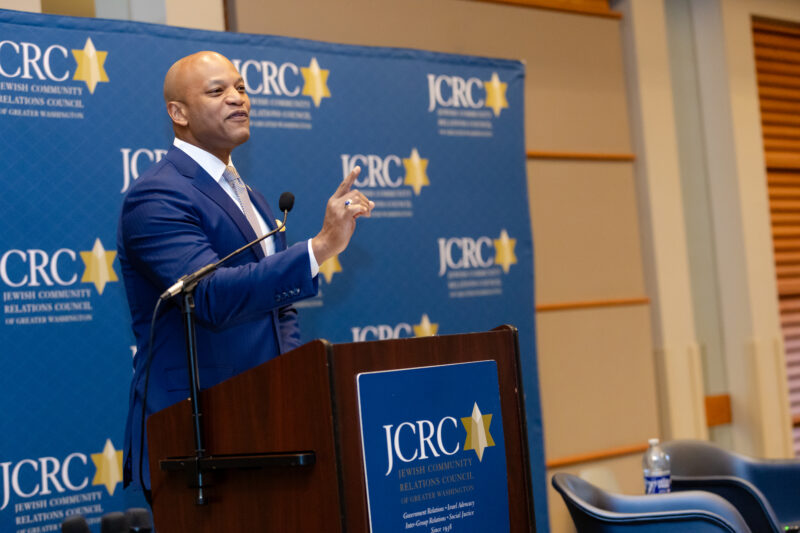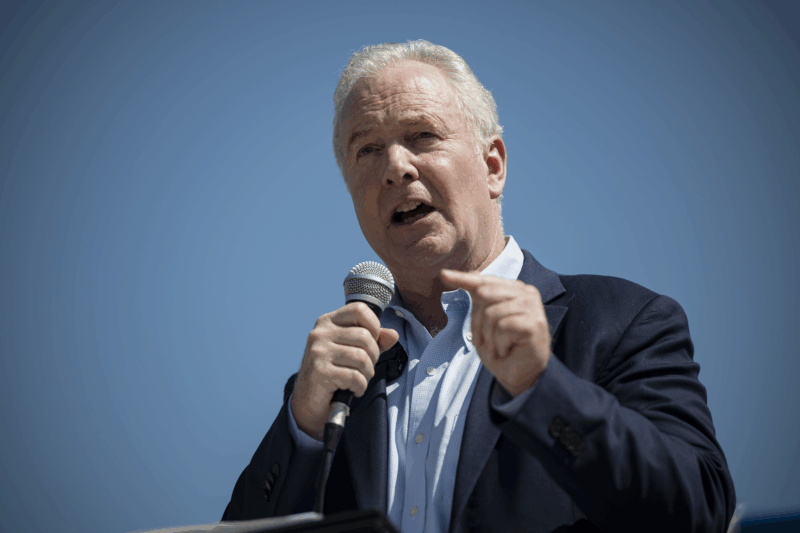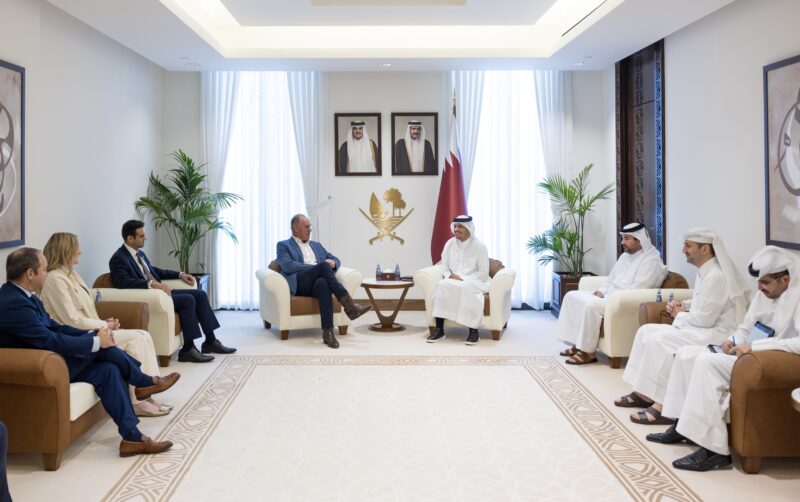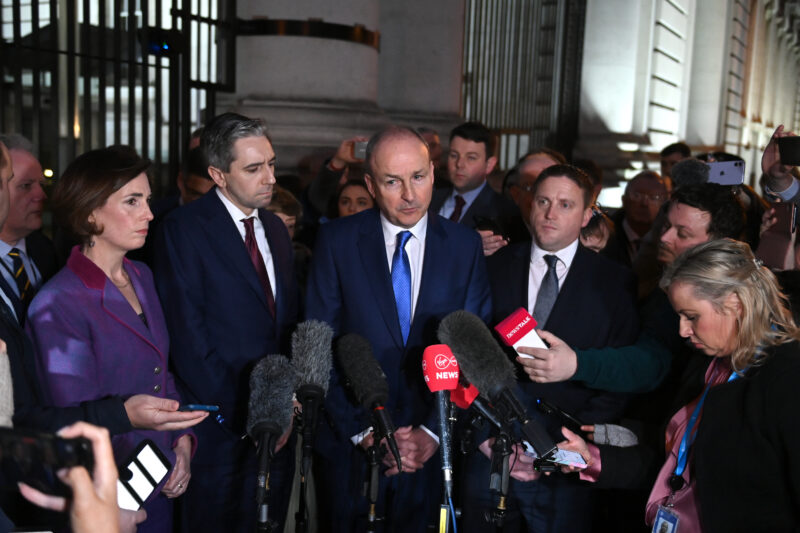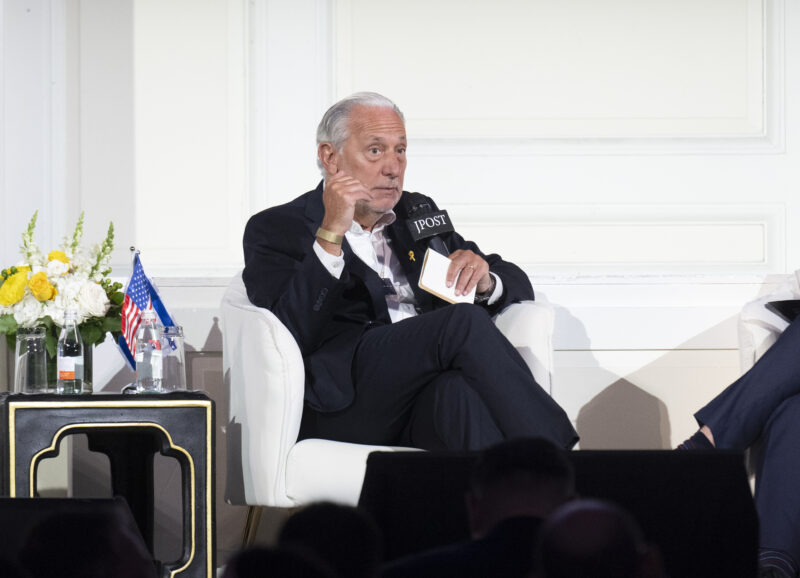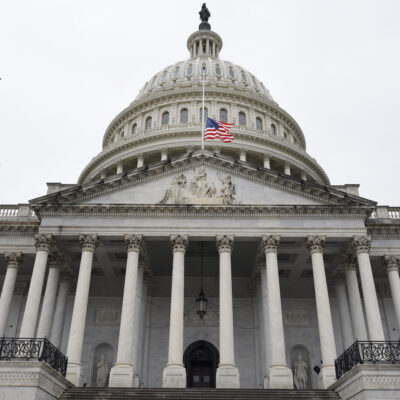McMaster urges consideration of U.S. strikes on Iran
The former U.S. national security advisor said the U.S. should consider strikes against Iran’s missile, drone and nuclear programs

Samuel Corum/Anadolu Agency/Getty Images
National Security Advisor H. R. McMaster speaks during a discussion on "Syria: Is the Worst Yet to Come?" hosted by the U.S. Holocaust Memorial Museum in Washington, USA on March 15, 2018.
Former National Security Advisor H.R. McMaster said on Tuesday that the U.S. should consider military strikes against Iran’s key military programs.
The former national security adviser, speaking on Tuesday at an Atlantic Council event moderated by NBC correspondent Courtney Kube, said that the U.S. should consider wiping out drone and missile factories inside Iran. Hearkening back to the mid-1990s, he said the U.S. should give serious consideration to military strikes against Iran’s nuclear program.
“When do the missile facilities, as well as the nuclear facilities — when are those options brought to the president?” McMaster, who served in the Trump administration from 2017-2018, said.
But he noted that any U.S. strikes must pursue clear strategic goals, including restoring deterrence; degrading the Islamic Revolutionary Guard Corps’s capabilities to supply, communicate with and coordinate its proxies; and setting back Iran’s nuclear and missile programs.
“The objective can’t be like an emotional, cathartic, ‘I feel better now because we struck Iran,’” McMaster said. “It should be to impose costs on Iran to go far beyond anything that they factored in.”
He acknowledged that there are potential risks to strikes on Iran but added that the U.S.’ failure to enforce its red lines in Syria has shown that inaction also carries costs.
In addition to potential strikes, McMaster said the U.S. should “play offense” against Iran in the financial, diplomatic, informational and law enforcement arenas, to isolate and defund the Iranian regime.
He added that as long as the Islamic regime rules Iran, its oppression of its people and foreign malign activities will likely continue, making it important to support Iranian opposition groups through diplomatic and informational means.
“What the world should hope for is a fundamental change in the nature of the Iranian government,” McMaster said. “Now, we’re not going to do regime change in Iran, that’s up to the Iranian people. But we need a government in Iran, and the Iranian people need a government in Iran, that ceases its permanent hostility to the United States, its Arab neighbors, and Israel and the West broadly.”
McMaster argued that a more aggressive approach to the regime wouldn’t be an act of U.S. aggression but rather “responding to literally hundreds of acts of war against the United States, Israel and Iran’s Arab neighbors.”
Asked about Vice President Kamala Harris’s comments earlier this week describing Iran as the greatest U.S. adversary, McMaster said that depends on the definition — ”maybe the most brazen, I would say, and maybe imminent” — but he emphasized that the major U.S. adversaries in China, Russia and Iran are acting in concert with one another.
The Atlantic Council also released a report yesterday by a bipartisan study group calling for a new and consistent bipartisan approach to Iran, including stronger sanctions and sanctions enforcement, engaging Middle East allies, pushing for Israeli-Saudi normalization and responding militarily with “appropriate force” to each Iranian proxy attack against U.S. forces and allies.
The report argued that the Iran nuclear deal is a “dead end,” but also that “maximum pressure” is not a goal in and of itself, calling for a new pressure strategy aimed at imposing restrictions on Iran’s nuclear program, reimposing United Nations sanctions and developing a “credible military option” to stop the program.















